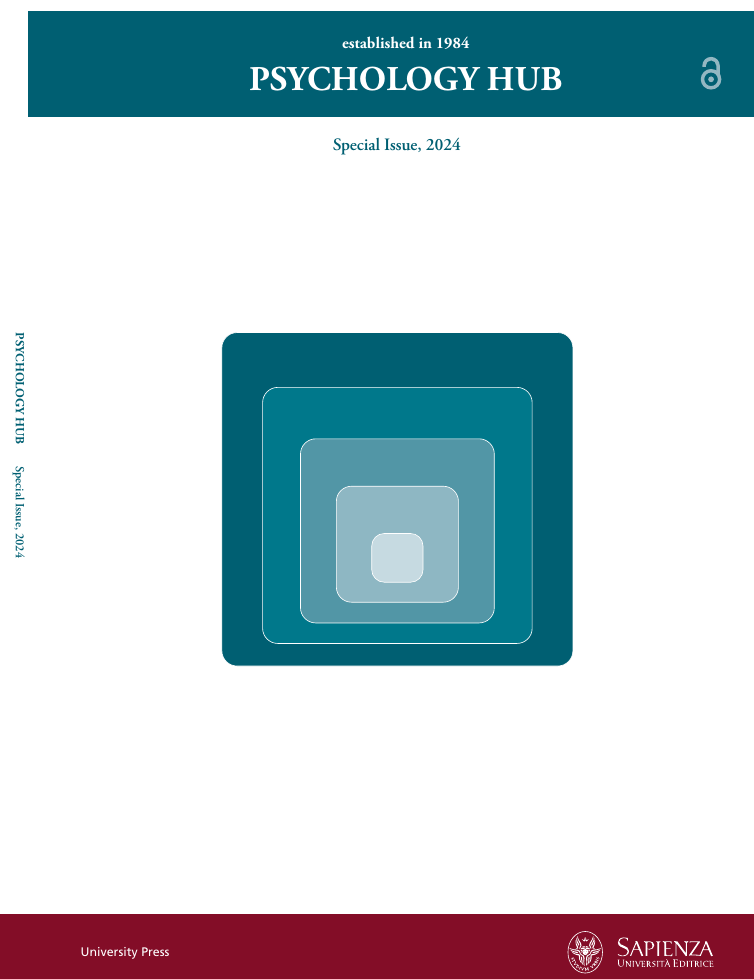“Closing” on Group-Centrism: A systematic meta-analysis on the relationship between the need for cognitive closure with the binding and individualizing moral foundations
DOI:
https://doi.org/10.13133/2724-2943/18402Keywords:
Need for Cognitive Closure, Moral Foundations, Meta-AnalysisAbstract
Inspired by the career of Lucia Mannetti, we conducted meta-analyses on the correlation between the need for cognitive closure and the binding moral foundations, as an aspect of group-centrism, as well as the individualizing moral foundations, which conceptually have a less clear link to group-centrism. We included all studies, indexed in either Scopus or Google Scholar, that included correlations between three self-report measures of the need for cognitive closure with either the binding or individualizing foundations. The R packages meta, metasens, and dmetar were used to conduct meta-analyses and follow-up tests. We identified a total of 26 studies (n=7136) that included eligible measures of need for cognitive closure and the binding foundations and 23 studies (n=6441) that included eligible measures of need for cognitive closure and the individualizing foundations. After controlling for heterogeneity and small sample size effects, we observed a larger adjusted effect size for the binding foundations (r=.32 [95%CI: .26;.38]) than for the individualizing foundations (r=.13 [95%CI: .052;.219]). In general, the larger effect size for the relationship between the need for cognitive closure and the binding foundations is consistent with the literature on the need for cognitive closure and group-centrism, however the elevated effects for heterogeneity and small sample size effects for the individualizing foundations should be investigated.
Additional Files
Published
How to Cite
Issue
Section
License
Copyright (c) 2024 Psychology Hub

This work is licensed under a Creative Commons Attribution-NonCommercial-ShareAlike 4.0 International License.





